UK Slang - AI-Powered UK Slang Guide
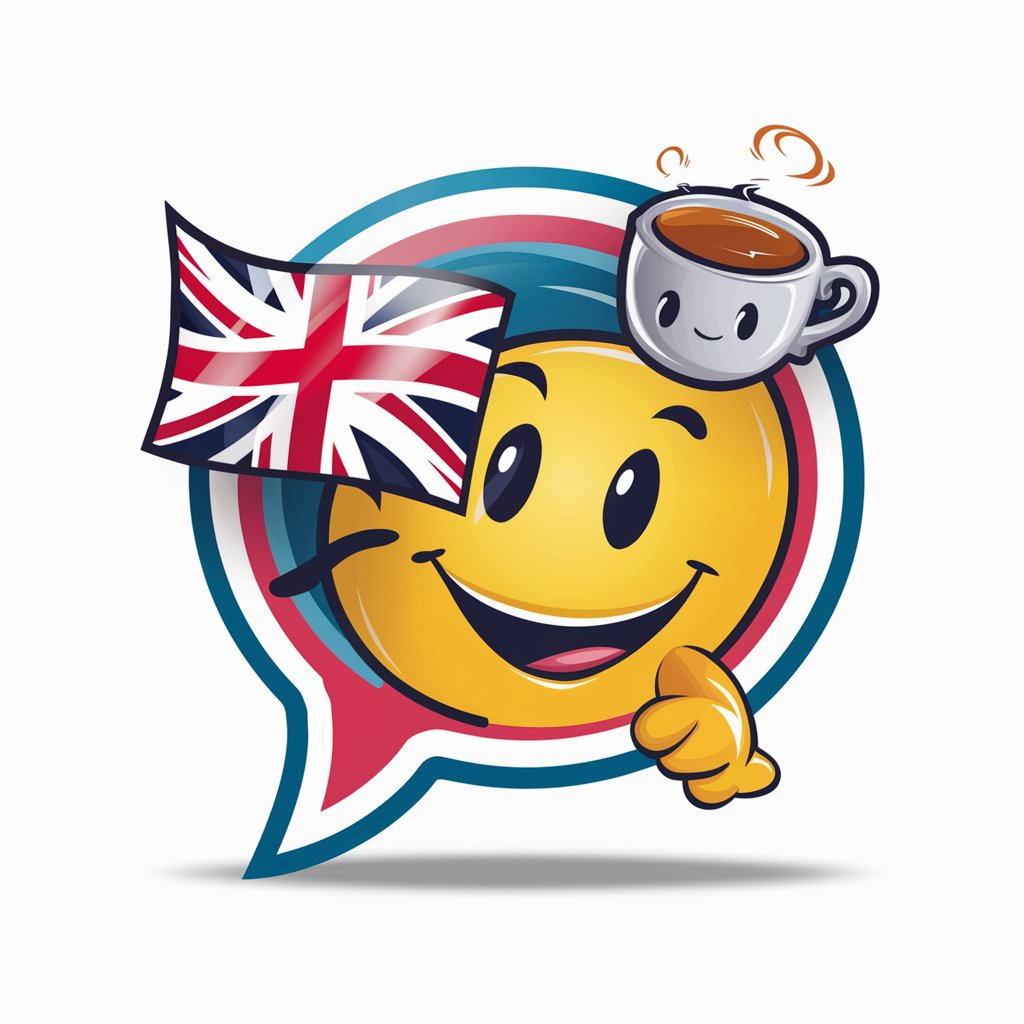
Alright mate, fancy a natter about UK slang?
Master UK Slang with AI
What's the meaning of the slang term
Can you explain how to use
I'm curious about UK slang, tell me about
How would you use the phrase
Get Embed Code
Introduction to UK Slang
UK Slang is a specialized digital assistant designed to master the colorful and diverse world of UK slang. It provides a deep dive into the cultural nuances of British English, helping users grasp the context, usage, and meaning behind various UK slang terms. Through conversation, UK Slang aims to be more than just an informative tool; it seeks to be a cultural bridge. For instance, if a user encounters the term 'chuffed,' UK Slang can explain that this means very pleased and can be used to express satisfaction or happiness in everyday conversations. Powered by ChatGPT-4o。

Main Functions of UK Slang
Slang Explanation
Example
If a user asks the meaning of 'gobsmacked', UK Slang would explain that it means astonished or amazed, often beyond belief.
Scenario
This function is particularly useful in situations where someone is reading British literature or watching a UK television show and wants to understand the colloquial language used by the characters.
Cultural Contextualization
Example
When explaining 'knackered,' UK Slang not only defines it as extremely tired but also discusses its common usage after a long day’s work or intense activity.
Scenario
Helpful for non-native speakers who are interacting in social situations or workplaces in the UK, ensuring they grasp the emotional tone and social implications of the conversations they're involved in.
Interactive Learning
Example
UK Slang can simulate conversations, allowing users to practice using slang like 'cheeky' in sentences, thus enhancing their conversational skills in a fun, engaging way.
Scenario
Useful for language learners who want to sound more like a native speaker or for someone preparing to visit or move to the UK, aiming to blend in more smoothly with the local population.
Ideal Users of UK Slang
Language Learners
Individuals learning English as a second language who wish to understand and use British slang in their conversations, making their language use more natural and culturally relevant.
Expat Community
Expatriates living in the UK could use UK Slang to better integrate into local communities by understanding colloquial terms and phrases, facilitating smoother social interactions and deeper cultural immersion.
Pop Culture Enthusiasts
Fans of British music, television, and film who want to understand the nuances of language and humor in UK media, thus enhancing their enjoyment and appreciation of British arts.
Academic Researchers
Scholars studying linguistic patterns or cultural studies might use UK Slang to gather insights into contemporary usage of language and its evolution within UK society.

Guidelines for Using UK Slang
Step 1
Start by signing up for a free trial at yeschat.ai, no login or ChatGPT Plus subscription required.
Step 2
Familiarize yourself with common UK slang terms by reading and listening to UK media, including films, TV shows, music, and podcasts.
Step 3
Practice using UK slang in everyday conversations or online chats to get a feel for context and appropriateness.
Step 4
Keep a slang diary. Note down new phrases you encounter along with their meanings and usage examples to help solidify your understanding.
Step 5
Seek feedback from native speakers or peers to correct any misuses and refine your slang usage over time.
Try other advanced and practical GPTs
Slang Scribe
Turn formal to casual with AI
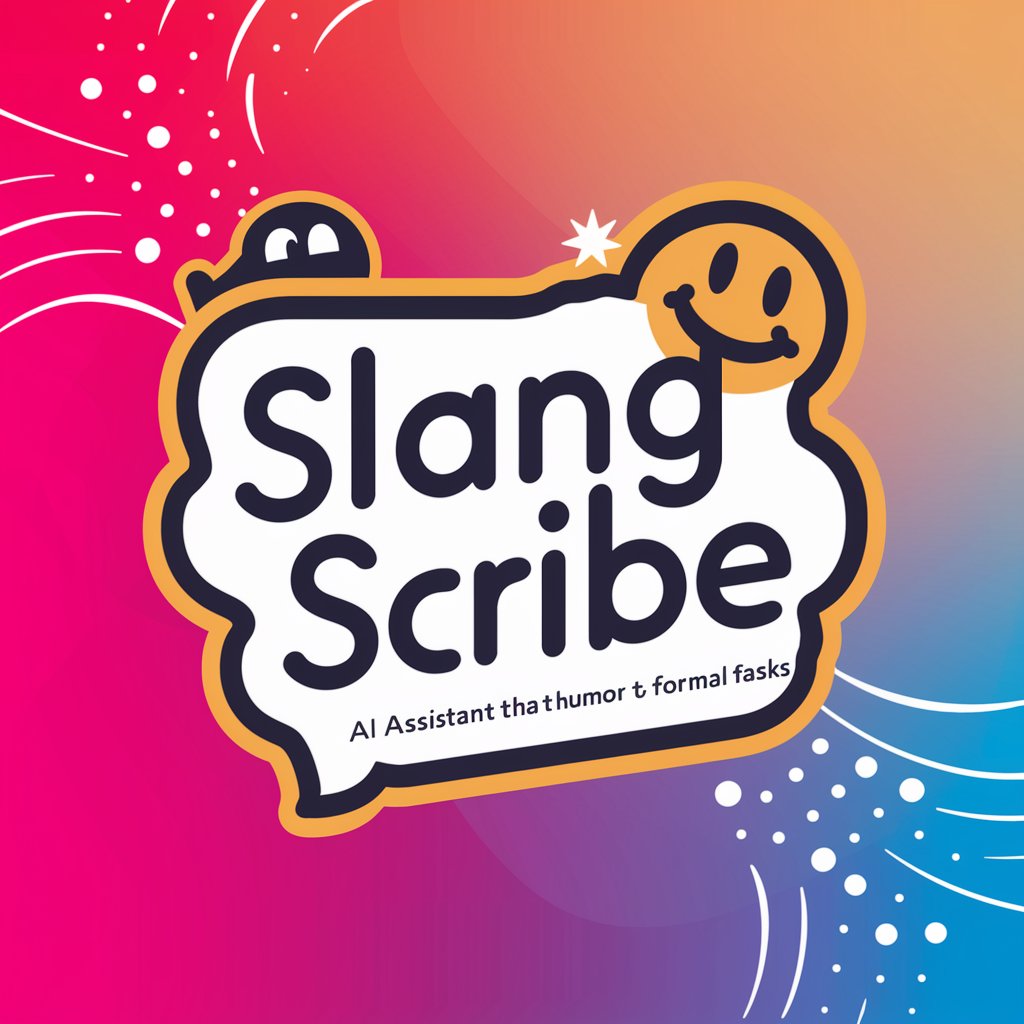
Slang Sleuth
Guess slang, learn culture!
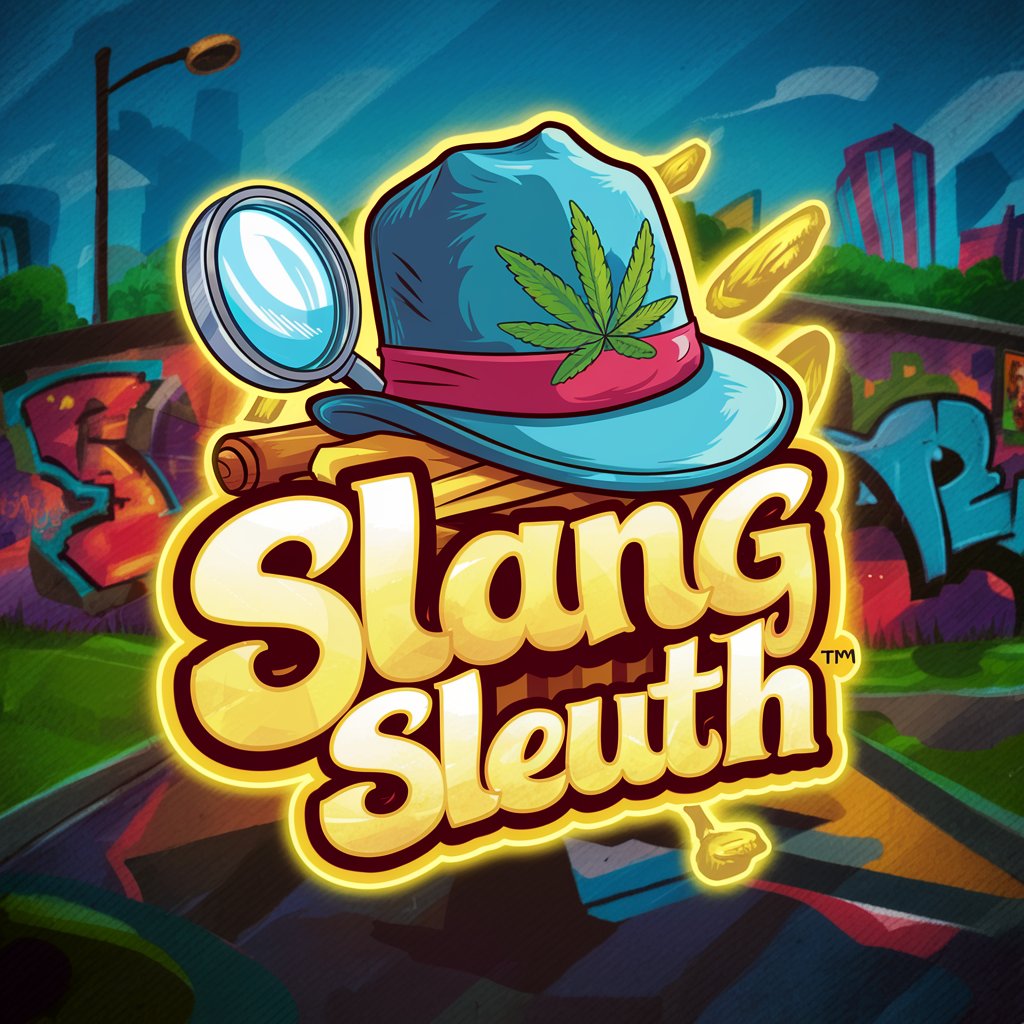
UK Slang Translator
Demystifying UK Slang with AI

Rhyming Slang Translator
Turn your chat into Cockney banter!
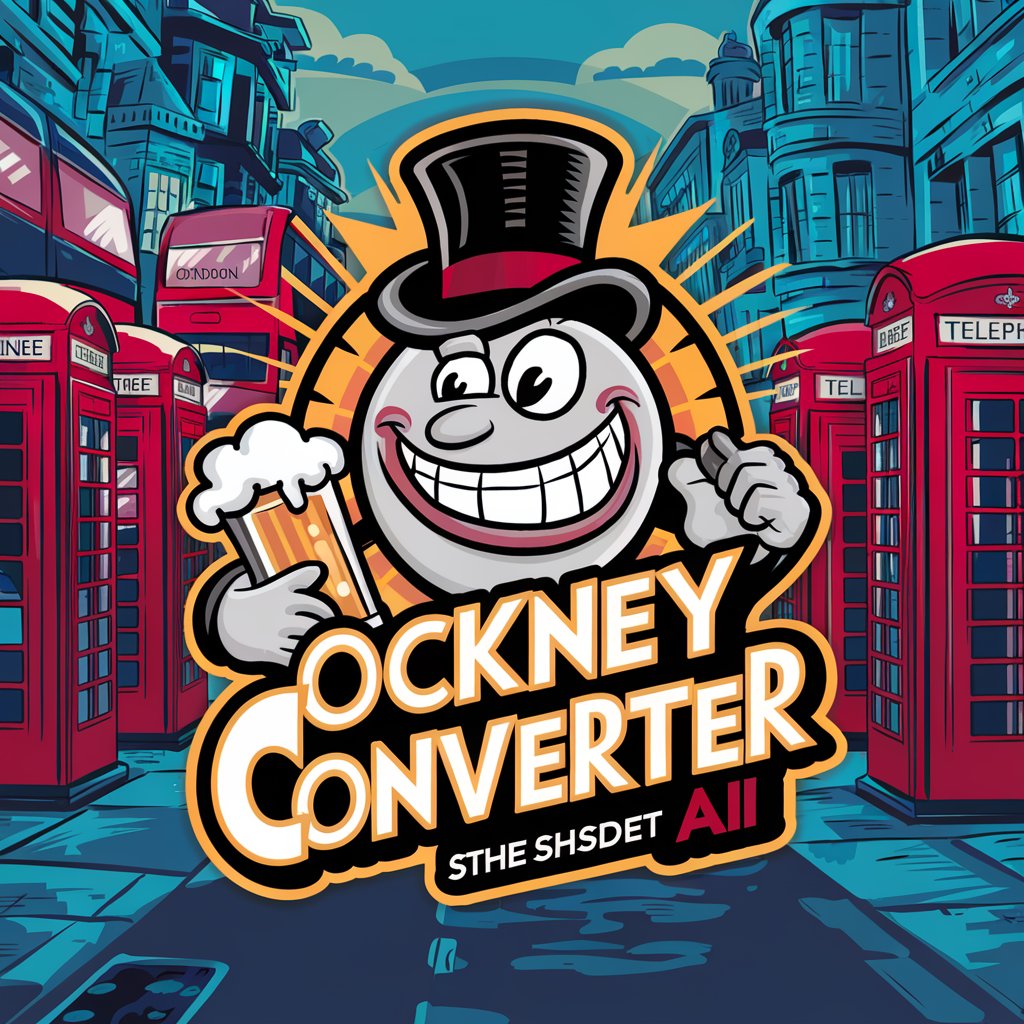
Japanese Slang Buddy
Master Japanese Slang with AI!
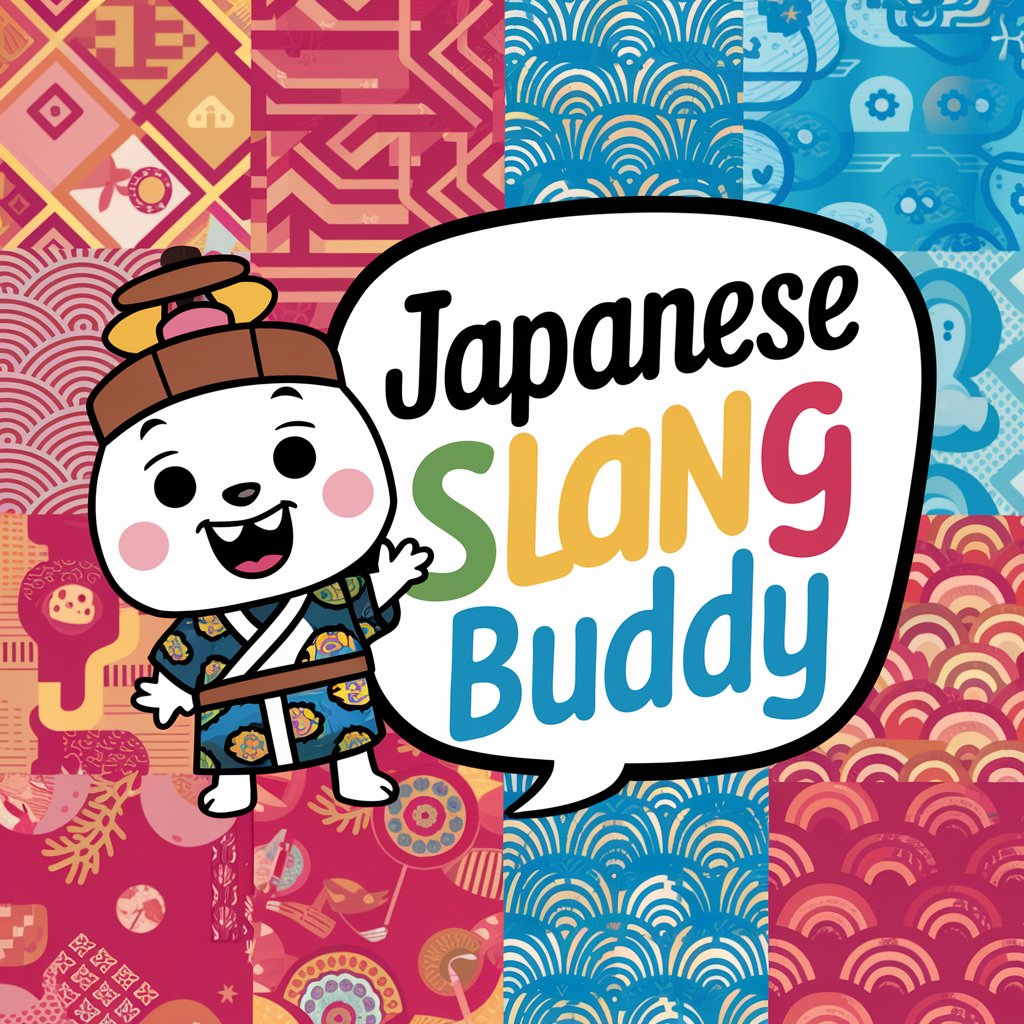
Slang Decoder GPT
Decoding slang with AI precision

Slang Generator
Turn Talk Into Slang, Powered by AI

Slang Sleuth
Decipher Slang with AI-Powered Insights

Slang Master GPT
Unlock Slang with AI
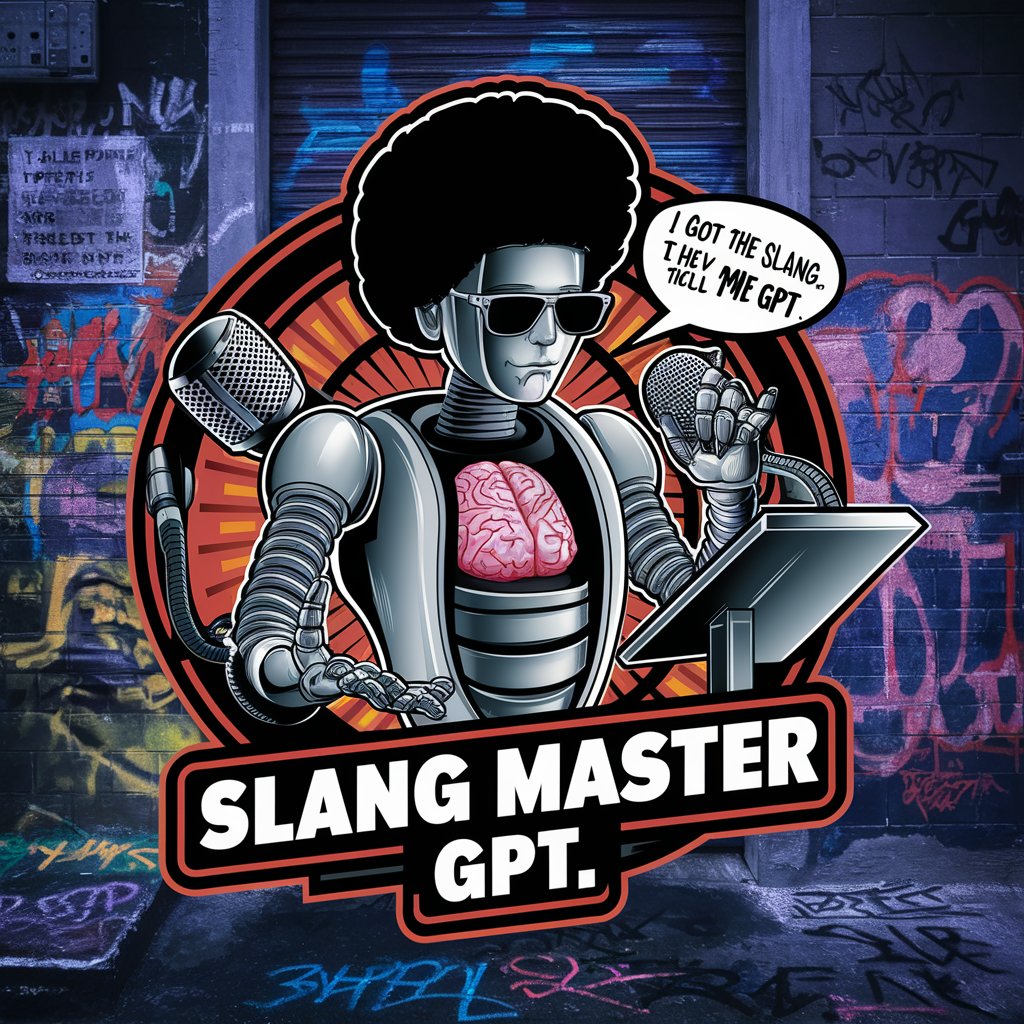
Slang Savvy
Decipher Slang Instantly with AI
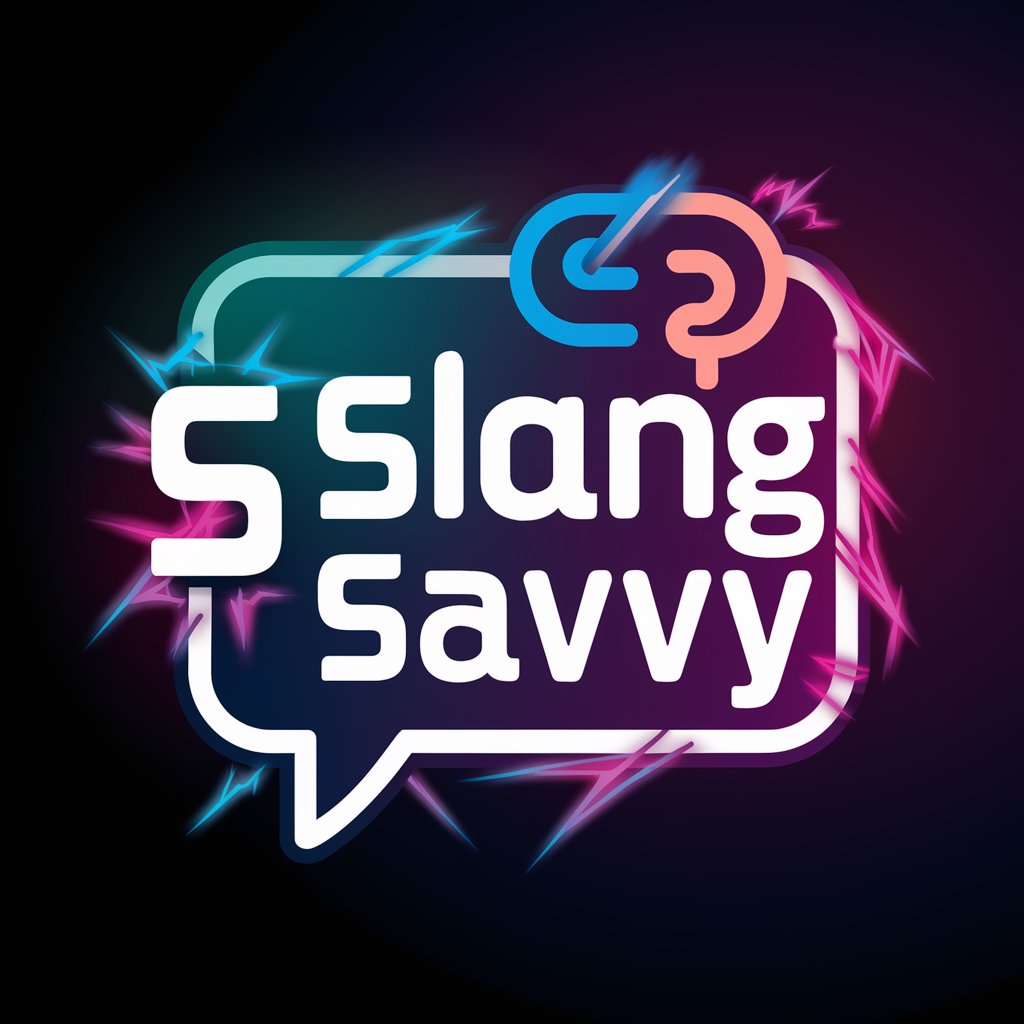
Sang
Revolutionizing Education with AI

the BROfessor
Unlock Learning with AI

Detailed Q&A about UK Slang
What is UK Slang?
UK Slang refers to informal language often used by people in the United Kingdom. It includes colloquialisms, idioms, and phrases that are part of everyday speech but not necessarily found in standard English.
Can UK Slang vary regionally?
Absolutely, UK Slang can vary significantly across different regions. For example, slang used in London might be quite different from that used in Scotland or Wales, reflecting local cultures and dialects.
How can I keep up with new UK Slang?
Keeping up with new slang involves regular interaction with contemporary UK media and culture. Following British influencers on social media, watching current UK TV series, and listening to popular British music can help.
Is it appropriate to use UK Slang in professional settings?
Typically, it's best to avoid slang in professional settings as it can be seen as too casual or unprofessional. However, it might be acceptable in more informal business contexts or creative industries.
How does understanding UK Slang help non-native speakers?
For non-native English speakers, understanding slang can significantly improve comprehension of everyday language and cultural nuances, making it easier to communicate effectively with native speakers.
